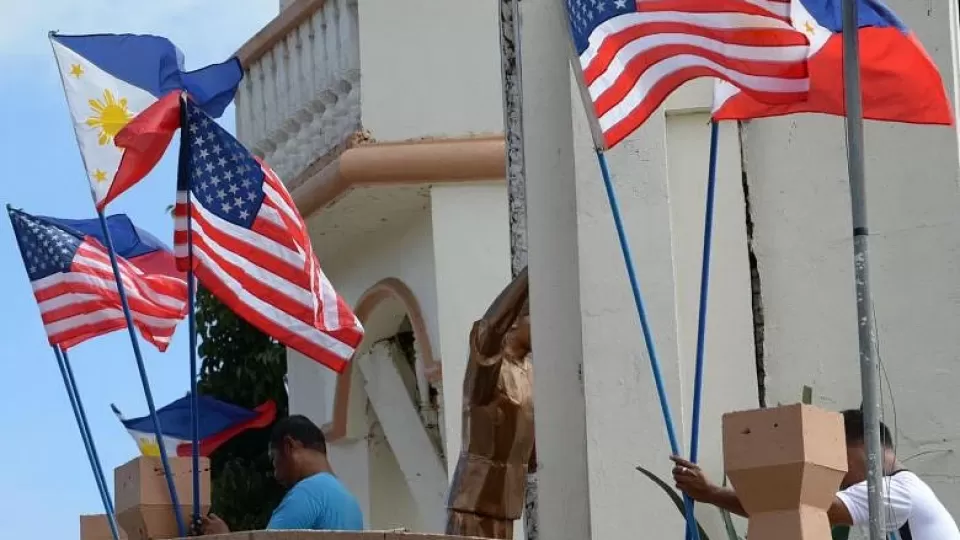June 10, 2022
MANILA – The election of Ferdinand Marcos Jr. as the country’s new leader presents an opportunity to build a firmer foundation for a stable alliance between the Philippines and the United States, according to the Washington-based think tank Center for a New American Security.
In a report titled “Revitalizing the US-Philippines Alliance to Address Strategic Competition in the Indo-Pacific,” it assessed the current state of relationship of the two nations and provided policy recommendations “for revitalizing and expanding bilateral ties” as US-China rivalry plays out in the region.
“China’s growing military and economic power, along with its increasingly aggressive behavior regarding Taiwan and its territorial claims in the East and South China Seas, is putting stress on the rules-based order in the region,” the report said.
The authors, composed of former US senior officials and representatives from the private sector and the academe, argued that security alliance was “the most important aspect of the relationship in the months and years ahead” and that the United States must prioritize building stronger ties with the Philippines “to support a free and open Indo-Pacific and compete effectively with China.”
Balance relations
The two treaty allies had weathered President Duterte’s temper flares and his rants against the decades-old alliance during the past six years.
“To build a firmer foundation for the US-Philippines alliance and avoid disruptions like those experienced during Duterte’s regime, Washington must nurture all aspects of the partnership, taking a long-term strategic view of ties, while also recognizing that the new Philippine government will continue to try to balance relations between the United States and China,” the report read.
Also part of the recommendations of the US think tank to boost defense and security was to initiate a “2+2 ministerial dialogue” of foreign and defense ministers “to deal on an immediate basis with any contingency that may arise in the Indo-Pacific.”
The Philippines should also pursue deeper ties with other US allies and partners, such as Australia, Japan, India and South Korea, to build a “stronger network of nations in support of a rules-based order in the Indo-Pacific.”
Washington should also initiate trilateral security dialogues with Australia and with Japan to develop “common perceptions of maritime threats and challenges” and to develop “a more integrated network of like minded allies and partners.”
Stronger Edca
The report also pushed for a stronger implementation of the Enhanced Defense Cooperation Agreement (Edca), a pact signed in 2014 which allows the United States to construct facilities and preposition defense assets inside Philippine military bases.
It is critical for the United States “to improve its military posture in the region” and for the Armed Forces of the Philippines to acquire military capabilities that would match its needs, it said.
The United States should also encourage the “sale of asymmetric defense and maritime domain awareness equipment,” which would be practical as opposed to big-ticket items. But there should be a financing program to help the Philippines acquire more expensive items, such as F-16 fighter aircraft.
“Strengthening the alliance therefore will require Washington to play a more proactive role in addressing the past and working pragmatically with Manila to lay out an affirmative agenda in the future,” the report read.


